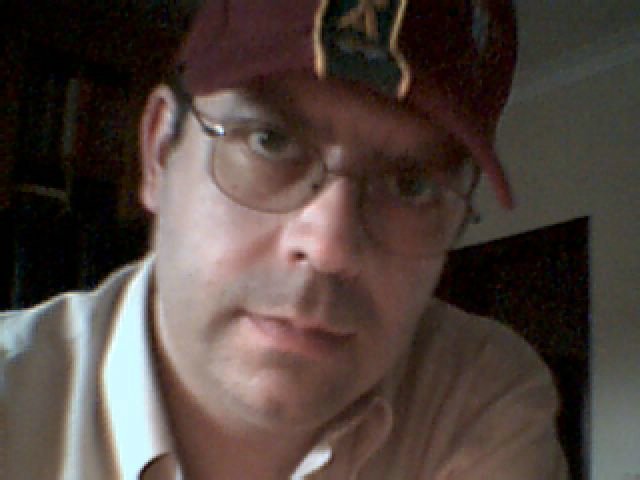In this paper Michael Huhns talks about SOC - Service Oriented Computing. According to him "it is a process of discovering and composing the proper services to satisfy a specification, whether the specification is expressed in terms of goal, a workflow (tasks), or some other model". One of the challenges for SOC is that it is necessary an Organization of Services in the repository (of services), something that does not happen nowadays. Among other things, it is necessary an infrastructure to enable discovery of pertinent objects. I know that there are some research related with this subject (for example X. Dong, J. Madhavan and A. Halevy paper "Mining Structures for Semantics"), however, I think we could try a different approach: consider a repository of web services meta-data and, given a specific service we are looking for, characterize that service in terms of meta-data and, according to the k-NN ranking method, receive a recommended ranking of existing web services to use. A mandatory characteristic of the meta-data has to be an excellent semantic definition of the web service.
The main focus of the paper is about Consensus Software, ie, the approach proposed by Michael. It seems to me that he is reflecting about a society of agents in a large scale, where an agent, after arriving to that society, could identify other agents to help him in realizing the tasks he has to fulfill. A lot of questions regarding security and so, arise from this moment on. But I think it is a very interesting vision.
Another interesting thought is that "as societies attempt to coordinate and control their members use of utilities and resources, individuals should have a means to influence the coordination and control based on their preferences...". For me the concept of democratization in software it's something important to explore: to leave the centralized perspective and allow users express their preferences. For this to be possible it is necessary to define objectives and constraints and, then, let the users express themselves. In the crew-scheduling problem, for example, this would allow the crewmembers to express their choice for the monthly crew roster. The objective would be to have Active systems that, after learning the user's preferences, could intercede on behalf of the user, when the decision has to be made.
Other things that might be useful for my thesis: Redundancy and Robustness. Just like in a cockpit of an airplane there are some replicated instruments and some of them using different technology, I could use different agents that try to solve the same problem using different algorithms. Using this approach I can increase the robustness of the application and, if I use a good criteria, I will have the opportunity to choose the best one among the several solutions.
Two more things before finish:
- Agent-based Web Services.
According to Michael they are the answer for the communication among the heterogeneous objects in such a "distributed active-object architecture". I should analyze the new developments in JADE plataform regarding implementation of Web Services and study how to use them in my thesis. - Agent-oriented methodologies.
Agent UML, MAS-CommonKADS and GAIA, are the most investigated and applied. I should consider one of them to use in my thesis.
This concludes part of my reflection regarding this paper. If you want to read my detailed notes, just click here.

No comments:
Post a Comment